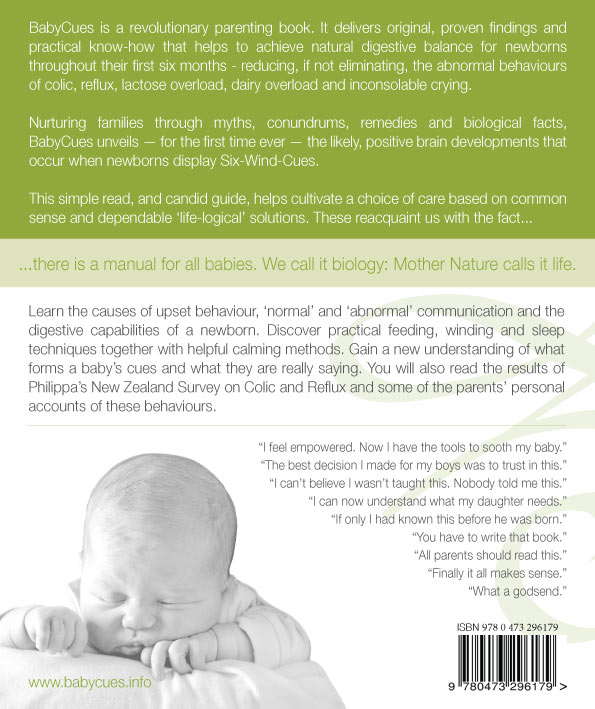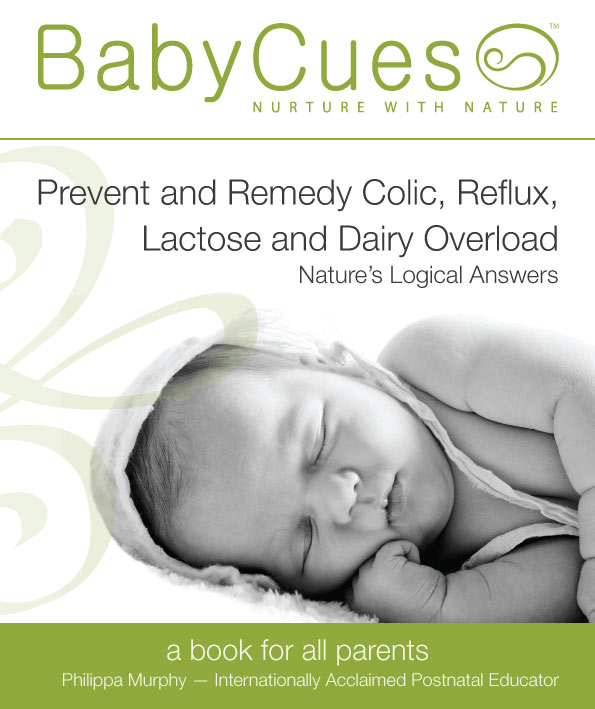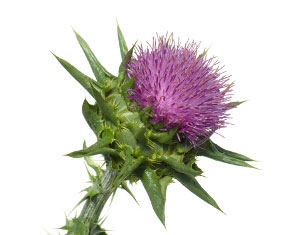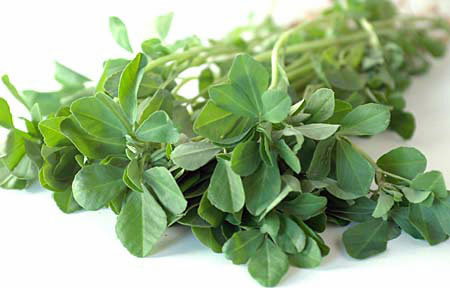Herbs to increase milk supply

Nursing Tea or Nursing Tincture - Contains organic Fennel Seed, Goat’s Rue, Red Raspberry Leaf, Alfalfa, Nettle & Chamomile.
- Try this first. It’s easy to use, gentle, effective, and easy on the tummy.
- Highly effective for increasing breastmilk production. Even mothers with twins use this and nothing else, and find they have plenty of breastmilk for both babies.
- Great for use when your baby is newborn. It’s very easy on the newborn tummies and helps alleviate gas, colic or any tummy issue.
- It can be used in conjunction with any other herb or product to increase milk production. It helps to counteract any gas that Fenugreek may cause.
- The Red Raspberry, Nettle and Alfalfa will also help with mom’s postpartum and uterine recovery after birth.
A tincture is a liquid extract made from herbs. The Nursing Tincture is made from the same combination of herbs as the tea, only in the liquid extract form (in a dropper bottle). The tea and tincture are the same product – just two different ways of taking it.
Dosage suggestions: Start with two droppersful (squeezes) of the tincture or one cup of tea three times a day. Results should be seen within 12-24 hours. If the desired results are not achieved with this level, you may increase how often you take it (increase to 4 times a day, then 5 and so on, as needed) or increase the number of droppersful taken at a time. There are no rules – its ok to do whatever you find works for you. Some women find that taking two droppersful of the tincture (or a cup of the tea) each time they sit down to nurse or pump does the trick for them, and this is perfectly fine to do. If too much of the herb is taken, over-fullness or engorgement may occur. If so, simply reduce the amount of herb taken until the right balance is found for you.
Get the help you need
Hailed as a game changer, life-saver and a must read from parents and postnatal professionals, this self-help book truly has the answers that NATURALLY prevent and heal the symptoms of colic, reflux, silent reflux, the witching hour and lactose and dairy overload - aka Digestive Overload, the true cause of these symptoms.


- nurture your child's digestive system
- Burp your baby to comfort
- Understand their Six-Wind-Cues
- Calm baby with techniques that work


LEARN HOW TO
- nurture your child's digestive system
- Burp your baby to comfort
- Understand their Six-Wind-Cues
- Calm baby with techniques that work
Tea or tincture? The tea counts towards your daily water intake and it’s pleasant tasting. Teas tend to be relaxing also, as you need to take a little time to enjoy it. For busy moms though, this might not be an easy or feasible option. Many moms put tea on the stove to brew, get busy and then promptly forget about it. Tinctures tend to be much more convenient. Nothing needs to be made or brewed – you just take the drops and you’re done. It’s convenient to carry in one’s purse and is portable. If more frequent dosing needs to be done, it’s easier to take the drops than to drink several more cups of tea a day. And you can do both – enjoy a cup of tea in the morning or at night before bed, and take the tincture drops during the day, when one tends to be busier. Two droppersful (squeezes) of tincture equals one cup of tea. Also, a large batch of tea can be made and kept in the refrigerator to sip on throughout the day. Both herbal tea and tincture are good options – it comes down to lifestyle and personal preference.
Goat's Rue
Goat's Rue is a powerful herb for stimulating the production and flow of breastmilk. It has a direct effect on the mammary glands in the breasts themselves. It is a good choice for women who experience problems with their production from the beginning, or those who have had previous breast surgeries. It has been shown to increase milk production by up to 50% in many cases, and may also even stimulate the development of the mammary glands. It is an extremely effective herb for increasing breastmilk production, and is one of the main ingredients in Herb Lore's Nursing Tea and Nursing Tincture. It can be used along with the Nursing Tea or Tincture for increased support, and along with Fenugreek as well if necessary. It is very easy to use, and it does not seem to have the consistency issues that Fenugreek does (nor does it cause gas like Fenugreek can).
Dosage suggestions: Dosing would be similar to that of Nursing Tincture, beginning with two droppersful three times a day and adjusting up or down, according to results.
Blessed Thistle

Blessed Thistle is another very popular and effective herb used to increase breastmilk production. It is also known as "Our Lady's Milk Thistle". It increases breastmilk while helping to alleviate mild forms of postpartum depression. It is a bitter herb, which is healthful for the liver and digestion. Women who report that Fenugreek doesn’t work that well for them find that Blessed Thistle does the trick. (This herb is not to be confused with Milk Thistle, which is a completely different herb used for the liver.)
Dosage suggestions: Same as for Nursing Tincture and Goat’s Rue.
Fenugreek
Fenugreek is one of the best and most popular herbs for increasing breastmilk production. It has even been used successfully by adoptive mothers wishing to establish a breastmilk supply for their adopted baby. It is imperative that Fenugreek be used with consistency and regularity for best results. Inconsistent Fenugreek use can result in inconsistent or even decreased breastmilk production. Detailed information on the reasons for this can be found in our comprehensive article on how to increase breastmilk production (link below).
IMPORTANT NOTE: Avoid using products with Fenugreek as one of its many ingredients. It’s nearly impossible to regulate how much Fenugreek is in each dose of a combination item, creating the potential for the product to either not work, to create further problem or complication with the milk supply, or for some women, to even decrease the supply altogether. Using Fenugreek as a single item (nothing else added or included) is the best and most effective way to use this herb and get the best results.

Once a woman starts using Fenugreek, she does need to continue it and be consistent with it until she’s making the milk that she needs and has gotten the results she’s looking for. Once the supply is adequate and stable, she can slowly wean down from it until she’s off. Weaning down slowly should not affect her supply at all. If it does, she can start the herb again and once she’s stable again, eliminate more slowly. If she finds she needs to stay on Fenugreek to keep her supply abundant, it is perfectly fine to continue Fenugreek throughout the entire time she’s nursing.
Fenugreek can cause gas or digestive disturbance in some individuals including a breast fed baby. If this happens, using the Nursing Tea or Tincture will help to counteract it while helping to support the breastmilk production at the same time.
Dosage suggestions: Start with three capsules three times a day. This is considered a very low dose for this particular herb. With Herb Lore’s Fenugreek capsules or tincture (which are very fresh, organic and of a very high quality), you should see results within 12-24 hours. If you do not see the desired results, you can increase the herb. The amount that worked for me was 7 caps (or 7 droppersful) three times a day. We’ve had clients use more, but that’s usually not necessary. It is fine to do though, as long as you and your baby are not experiencing any gas or tummy issues. If you start to over-produce, reduce the amount of herb until you find the right balance for you. Remember, do not suddenly stop Fenugreek unless you absolutely have to (such as painful gas in mom or baby or unchecked diarrhea). Please note: Insulin-dependent diabetics should use the herb with caution or not at all, as it may affect their blood sugar readings and insulin medication needs. Fenugreek is a member of the legume family. People with allergies or sensitivities to legumes should also avoid Fenugreek as a precaution.


